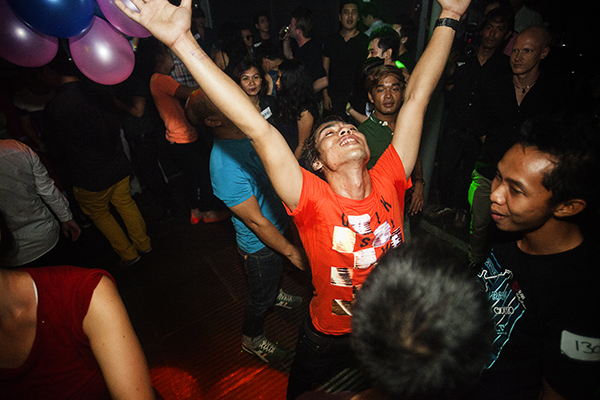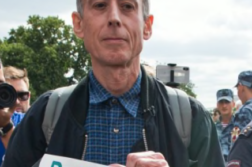Published in: March-April 2015 issue.
QUESTIONS of identity have always been front and center in Myanmar, otherwise known as Burma. After Burma’s independence from British colonial rule in 1948, numerous armed conflicts broke out between the newly formed government and several ethnic minorities, as the latter were not granted the same constitutional rights as the Burmese ethnic majority.
The discussion of identity lives on to this day, with a focus on the Burmese culture.
André Larsson is a Swedish photojournalist based in Sweden but frequently on assignment in Burma/Myanmar.






